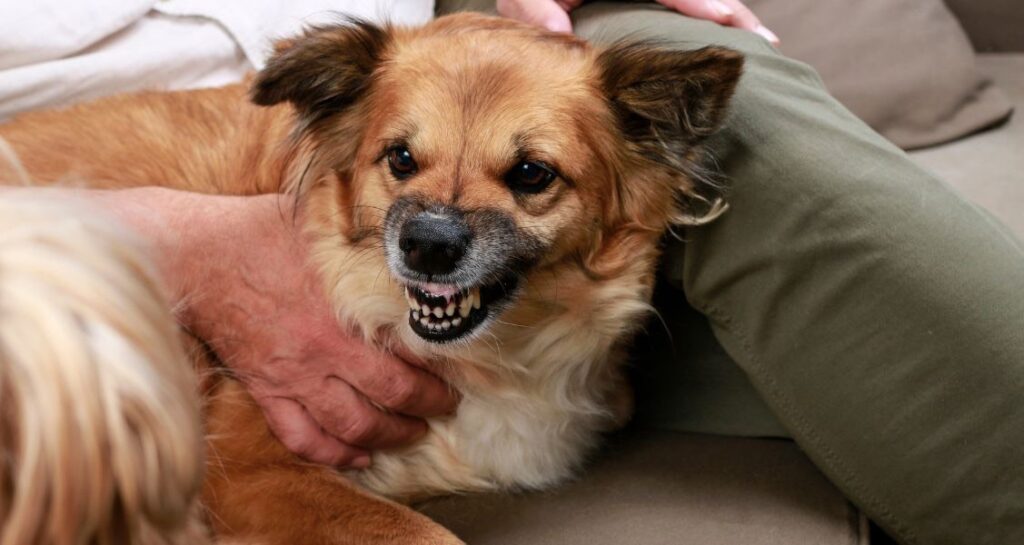Did you know that well-behaved dogs are often healthier than disobedient ones? Dogs with proper home and leash manners are far less likely to accidentally eat something harmful, run away from home and suffer an injury, or engage violently with other animals. Read on to learn problematic canine behaviors you can fix to encourage more peace in your home and a happier, healthier companion.
Destruction and Reckless Eating
Do you frequently arrive home to find your living space in disarray, as if a mini tornado has swept through? Does your dog seize every opportunity to raid an unattended pantry, consuming foods that could potentially harm their health? These destructive and reckless behaviors often stem from a simple root cause—boredom.
You can rectify these habits by engaging more effectively with your dog and providing them with proper stimulation. Implementing scheduled playtimes and physical activities throughout the day can significantly reduce these problematic behaviors. You could also invest in toys that encourage mental stimulation, such as snuffle mats or the tried-and-true Kong.
Aggressive Tendencies Toward Strangers
Dogs that display aggressive tendencies toward strangers exhibit behaviors that range from playful yet potentially harmful jumping to full-blown signs of aggression, such as barking, growling, and even biting. For dogs with milder aggressive tendencies, the first step toward rectifying these behaviors is to find the right canine behaviorist with a reputable dog training school. In these institutions, dogs acquire the skills to respond more effectively to their owners’ commands, enabling owners to manage their pets’ aggression before it escalates into a serious problem. However, dogs that display severe aggression may require more specialized training and medication to mitigate their issues.
Constant Barking and Restlessness
Is your dog constantly barking and showing signs of restlessness? This behavior could stem from anxiety. While these actions might seem harmless initially, the incessant noise can lead to disputes with neighbors and create a disruptive home environment for you and your family. Canine anxiety is quite prevalent and can manifest in various problematic behaviors. Therefore, you should be able to recognize the signs. For example, does your dog bark incessantly throughout the night and seem to be in constant motion around your home at all hours? If so, make sure you mention this behavior the next time you visit your local vet office. The vet might prescribe anti-anxiety medication to soothe your pup’s condition.
Food and Object Guarding
Food and object guarding is a common behavior characterized by aggressive responses when dogs perceive their food or possessions to be under threat. Owners might notice growling, snapping, or even biting when they or other pets approach the dog’s food or toys. This instinctual behavior can escalate if you don’t address it, potentially leading to dangerous situations.
First, understand that this behavior is an expression of the dog’s insecurity rather than malicious intent. Through proper training, dogs can learn to associate the approach of people and other pets with positive experiences, reducing their need to guard their food or objects aggressively. Dog training and reward-based interactions are ideal for solving food and object guarding, ensuring a safer home for you and your pooch!
Understanding how to identify and fix various problematic canine behaviors is essential for fostering a safe and harmonious household. Whether it’s incessant barking and restlessness due to anxiety or aggressive food and object guarding, recognizing these problems and seeking professional help can significantly improve the situation.
